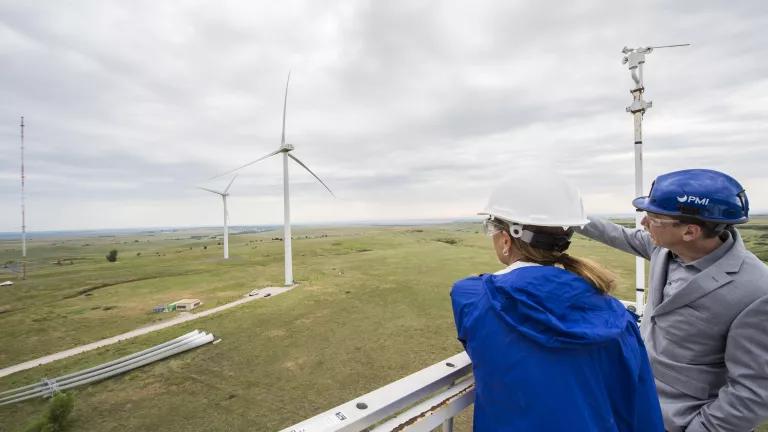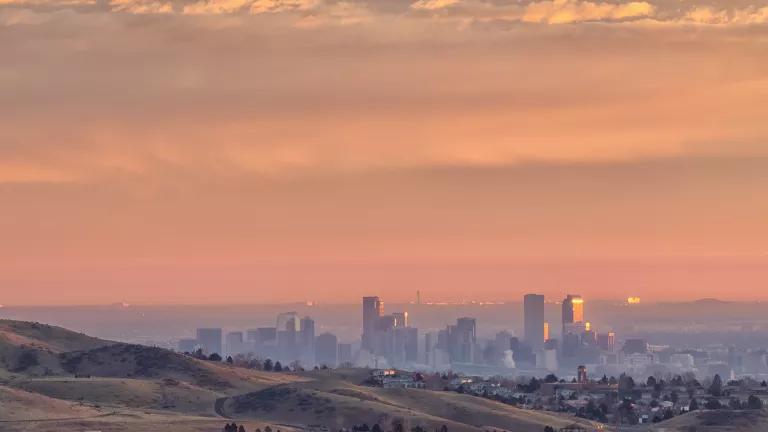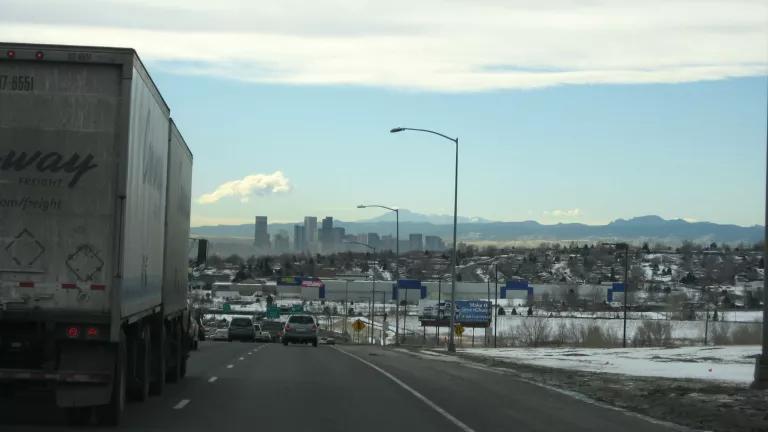Colorado debating increased setbacks from oil and gas operations, and a water monitoring program
The Colorado Oil and Gas Conservation Commission (COGCC) is in the process of updating some of its oil and gas rules. Colorado, to its credit, has updated its rules periodically in recent years, to catch up with advancements in the oil and gas industry. As the industry expands and adopts new technologies, it is essential that regulations keep pace to protect clean air, clean water, and healthy communities. Unfortunately, while some states play catch-up, none have a full suite of effective rules and the accompanying enforcement that provide the protection their residents need.
Colorado is currently considering new rules on two fronts: first, increasing the setbacks--the distance that oil and gas wells must be--from homes, schools and hospitals. Current setbacks in Colorado (and other states) are much too small to protect residents from toxic air pollution, noise, and other harmful impacts of oil and gas pollution.
Second, the COGCC is considering baseline water testing before oil and gas operations begin, and continued monitoring after drilling and fracking. Baseline water testing allows regulators, companies and residents to understand the quality of a water source before any industrial activities take place. Later monitoring helps everyone determine if there are changes in the water quality, what those changes are, and who is responsible. NRDC strongly supports baseline water testing and monitoring requirements, but the program needs to require testing for the right constituents in the right way.
If you're a Colorado resident, you can send a letter to the COGCC to express your support for the strongest possible setback and water testing requirements. We've made it easy for you to send a letter: click on this link to our website.




